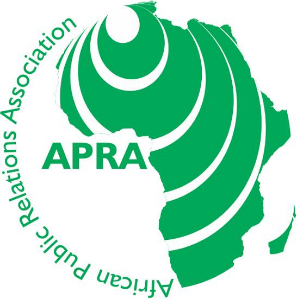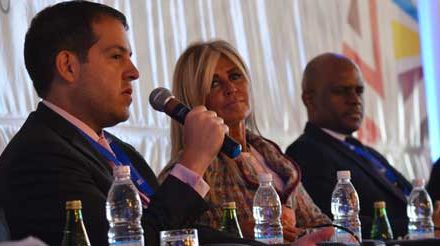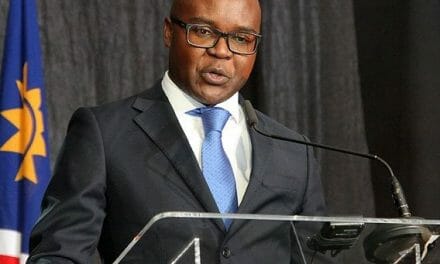
New survey tests reputation management before major continental PR conference

“It takes 20 years to build a reputation and five minutes to ruin it. If you think about that, you’ll do things differently.” ~ Warren Buffet
Ethics and reputation are inextricably linked. Many an organisation has experienced how a lack of integrity resulted in a ruined reputation with a disastrous impact on its bottom line. Do businesses, government leaders, and communication professionals understand this link?
The African Public Relations Association (APRA) will be hosting the 32nd annual APRA Conference in Dar es Salam, Tanzania from 11 to 15 May 2020. The focus of the conference will be on Africa’s march to economic integration and the role that public relations plays in helping to create trust and ultimately to build the narrative for “One Africa”!
For the third consecutive year, APRA will be conducting research amongst business leaders and communication experts across the continent to find out what they think of ethics and reputation management in Africa. Reputation specialists, Reputation Matters, will once again be conducting the research on behalf of APRA. We invite all business owners and communication practitioners to participate and to share their views on this very important topic.
“Annually, this study delivers fascinating insights into the state of the public relations and communication industry, as well as providing a view on ethical business as a whole,” says Yomi Badejo-Okusanya, president of APRA.
The research investigates how ethics and reputation are managed across three levels: individual, organisational and national, across the African continent.
Badejo-Okusanya lists some of the interesting findings from last year’s study: “On an individual level, the 2019 research found that ethics is the driving force behind people’s decision-making. When it comes to the business world though, there appears to be a disconnect between how the different levels within an organisation perceive ethics and reputation management, with CEOs and other top-level management scoring their organisations’ ethical practices 12% higher than junior and middle management do. From questions around national government, it is apparent that there is a major opportunity for African leaders to incorporate ethics into all decision making.”
“Botswana was perceived to be the most ethical country in Africa in the 2018 and 2019 studies,” said Chanell Kemp, reputation specialist at Reputation Matters. “This year, we would love to garner even greater response rates from a larger number of African countries. To that end, we are introducing a Portuguese survey in addition to the English and French online questionnaires. We invite everyone to participate in the survey and we look forward to seeing the results. Ultimately our aim is to build greater awareness of the importance of ethics and reputation management on the African continent.”
If you would like to share your views, please select one of the following links according to your language preference. The survey is completely anonymous, unless you choose to provide your information. Please complete the survey by Monday, 23 March 2020 at 17:00:
- English: https://www.research.net/r/APRA2020
- French: https://www.research.net/r/APRA2020_Francais
- Portuguese: Please send an email to [email protected] for the link.
APRA assists in setting standards, creating and enabling a professional environment for accurate perception, goodwill and understanding of necessary and effective PR practices. For more information about APRA visit https://www.afpra.org/ or send a mail to [email protected].
For more information about reputation research, contact Reputation Matters [email protected], or visit www.reputationmatters.co.za.











































